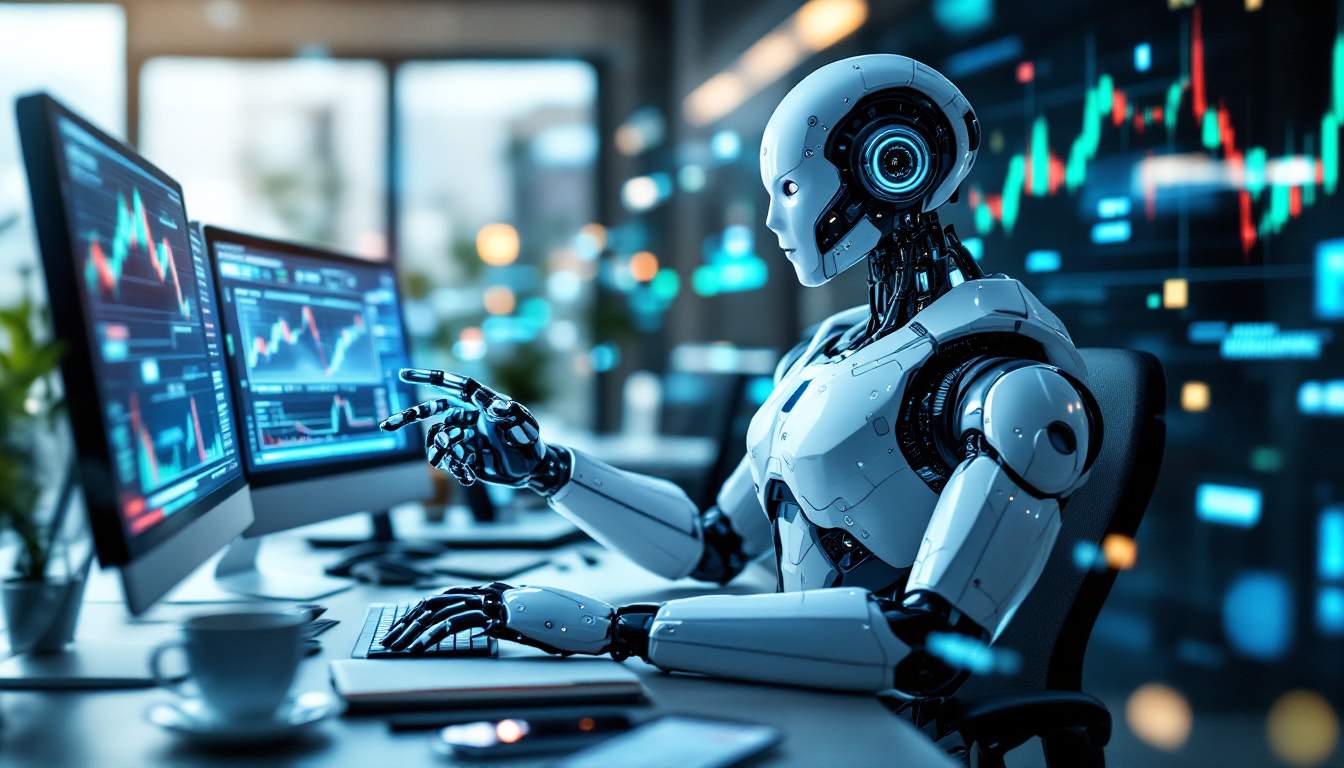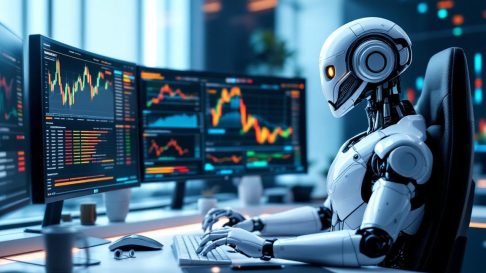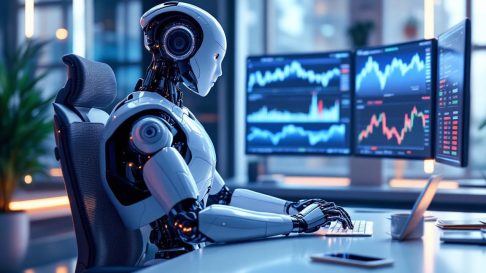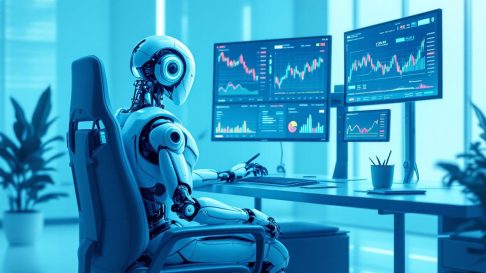Published: January 15, 2025 at 1:01 pm
Updated on June 09, 2025 at 7:07 pm




Germany’s economy is facing tough trials, and the situation is looking pretty bleak. With energy prices skyrocketing and competition growing fierce, the stakes have never been higher. This article attempts to unravel the complex factors leading to Germany’s economic decline while diving into the potential role of crypto trading insights in navigating these challenges.
Germany’s economy is officially in a tailspin, contracting 0.2% this year after a 0.3% plunge last year. This marks the first time Germany has seen two consecutive downturns since back in 2003. To make things worse, the economy has remained stagnant since 2019, while the U.S. has seen a staggering 11% growth and the eurozone 5%. To say things are tough is an understatement.
What’s causing this? High energy prices, rising interest rates, sluggish demand, and the unmistakable pressure of global competition are all squeezing industry like a vice grip. With elections coming up in February, these numbers are hard to brush under the rug.
But let’s not kid ourselves; this decline didn’t just pop up out of nowhere. The catalyst? The trade war started by Trump back in 2018, which introduced tariffs on EU imports, disrupting global supply chains and setting off a chain reaction of economic headwinds. On the flip side, China’s manufacturers stepped up, leaving Germany in the dust in sectors like robotics and advanced manufacturing.
The energy crisis didn’t help. Russia’s invasion of Ukraine sent natural gas prices soaring, and Germany, reliant on cheap Russian energy, was left scrambling. A jump in energy costs and the inflation of 2023 have made matters even worse for consumers and businesses alike.
As of now, industrial production is about 15% below its 2017 peak. The auto industry, once a symbol of German engineering prowess, is struggling. German carmakers, such as Volkswagen, are falling behind their U.S. and Chinese competitors in the electric vehicle (EV) sector. Job cuts at companies like VW, Bosch, and Schaeffler are a direct result of their inability to pivot quickly to meet the exploding demand for EVs.
Plus, Intel has delayed plans to build a chip factory in Germany, and a proposed merger between Commerzbank and Italy’s UniCredit has hit a roadblock due to government pushback. These are just a few examples of the broader industrial and economic hurdles Germany is up against.
Germany’s economic strain is now front and center in the political arena. The center-right Christian Democrats, led by Friedrich Merz, are angling to take control. Merz hints that loosening Germany’s tight fiscal rules to allow for more public investment, particularly in defense and infrastructure, might be on the table.
But then there’s the looming specter of fresh U.S. tariffs. Goldman Sachs anticipates these tariffs could slice up to 1.2 percentage points off of Germany’s GDP. This is particularly troubling for manufacturers that depend on exporting high-end machinery, cars, and more to the U.S.
The arrival of the ECB might provide some balm with expected interest rate cuts, making borrowing cheaper. But these measures feel like temporary band-aids on a much deeper wound.
Some analysts entertain the thought that Trump’s trade policies could inadvertently cause the U.S. dollar to strengthen, making German exports cheaper. But that’s a stretch, to say the least.
The political environment is no walk in the park either. The far-right Alternative for Germany (AfD) party is gaining traction and polls suggest no party is close to a majority, complicating coalition-building efforts.
Amidst these swirling challenges, could there be a glimmer of hope? Some are turning to the world of cryptocurrency trading for potential solutions. The AI-driven trading in this space has shown that it can enhance efficiency and decision-making by automating tedious tasks, principles that could also be harnessed by traditional industries to cut costs.
The data analysis capabilities of crypto trading are another potential boon. With the power to analyze vast datasets in real-time, AI can unearth patterns and predict trends that traditional industries could exploit for better resource allocation and efficiency.
Then there’s the potential for improved risk management and compliance. By recognizing potential risks through transaction data analysis, businesses could bolster their risk management strategies and navigate compliance challenges more effectively.
The crypto trading landscape’s adaptability might also foster resilience in traditional industries. German companies could leverage AI to analyze global market trends, adjust strategies, and optimize production and pricing in response to changing market conditions.
Finally, AI systems are devoid of human emotions, which can lead to more rational decision-making. This characteristic can be especially beneficial in traditional industries where emotional biases often influence decisions.
The economic landscape in Germany is fraught with complexities and challenges, both internally and externally. While traditional measures such as ECB interest cuts could provide some temporary relief, they do little to address deeper issues.
As Germany navigates these turbulent waters, it may need to explore innovative paths, like those found in the principles and technologies of crypto trading, to adapt and thrive. The choices made in the months ahead will be crucial in determining Germany’s economic trajectory.
Access the full functionality of CryptoRobotics by downloading the trading app. This app allows you to manage and adjust your best directly from your smartphone or tablet.


News
See moreBlog
See more






